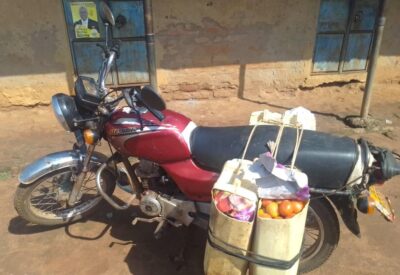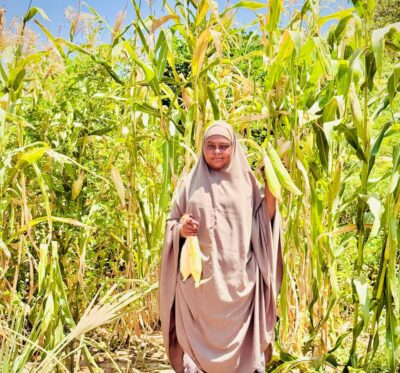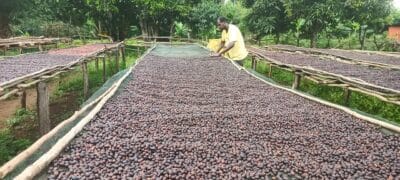News
29 September 2016
Nine facts about coffee

On International Coffee Day 2016, see how much you know about the world’s second most traded commodity with these nine coffee facts.
- 90% of the total income from Africa’s coffee goes to the countries that import the beans. Farm Africa works to boost the incomes of Ethiopian coffee farmers, many of whom earn less than $1 a day. We help them to improve coffee quality, productivity, business practices and market integration, which in turns increases the amount that they can earn from their coffee.
- Coffee is hygroscopic, which means that it takes in water from the surrounding
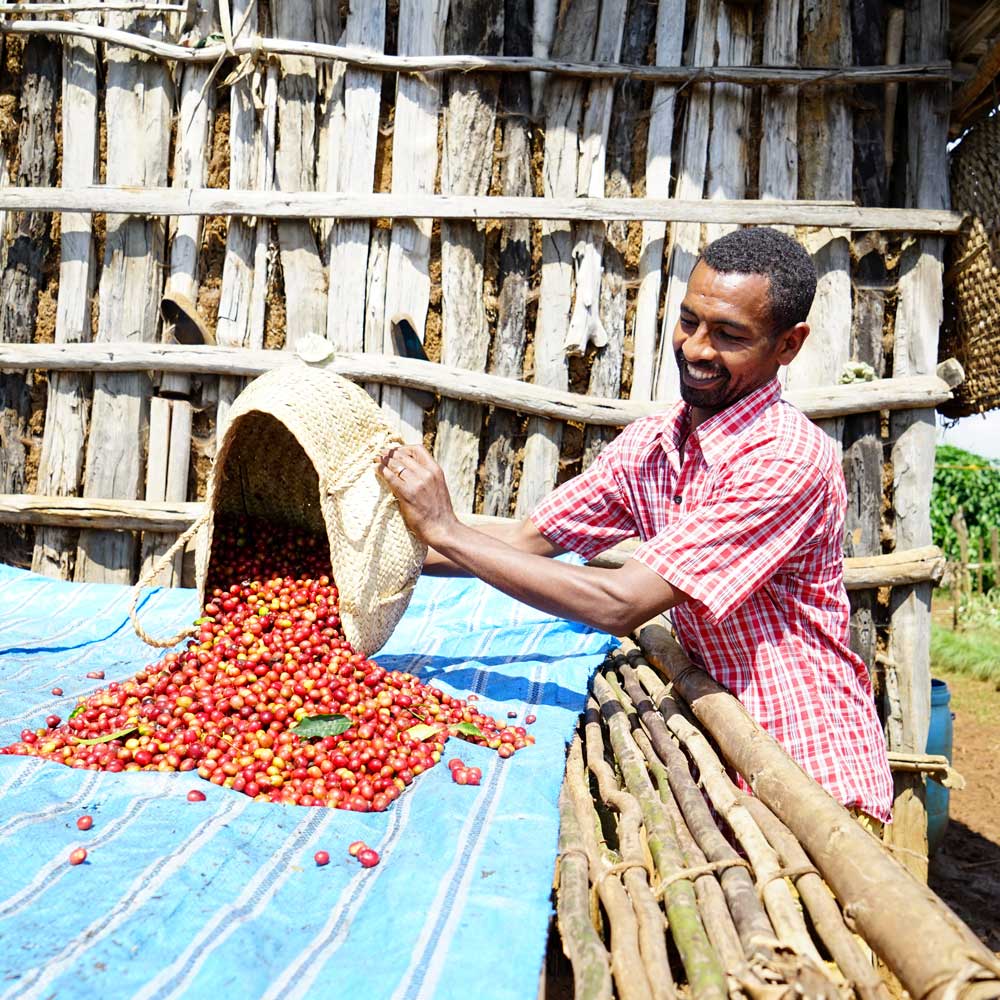 environment, affecting the taste. That means that it’s really important that beans are stored in a clean and dry environment – we help farmers’ cooperatives construct warehouses where they can keep their coffee from spoiling.
environment, affecting the taste. That means that it’s really important that beans are stored in a clean and dry environment – we help farmers’ cooperatives construct warehouses where they can keep their coffee from spoiling.
- Ethiopia is generally considered to be the birthplace of coffee. Legend has it that a goatherd named Kaldi first discovered the beans when his goats developed a taste for the red berries. Today, coffee is an essential and engrained part of Ethiopian culture and everyday life, bringing people together as well as providing sustainable livelihoods.
- 90% of the coffee that Ethiopia produces is organic, as Arabica coffee grows wild in the Afromontane rainforests in the highlands.
- Coffee can empower women. Women often don’t have the chance to learn the business skills they need to be able to get the biggest possible profits from their beans, but we’ve been setting up women’s cooperatives so that female farmers can improve their coffee cultivation and business management.
- Climate change is affecting coffee growers the world over. We’re helping the farmers we work with to manage their resources so that they can adapt to the changing weather patterns and avoid the worst effects of excessive rainfall and varying temperatures.
- Your morning cup of coffee might take moments to drink, but it takes a lot longer to
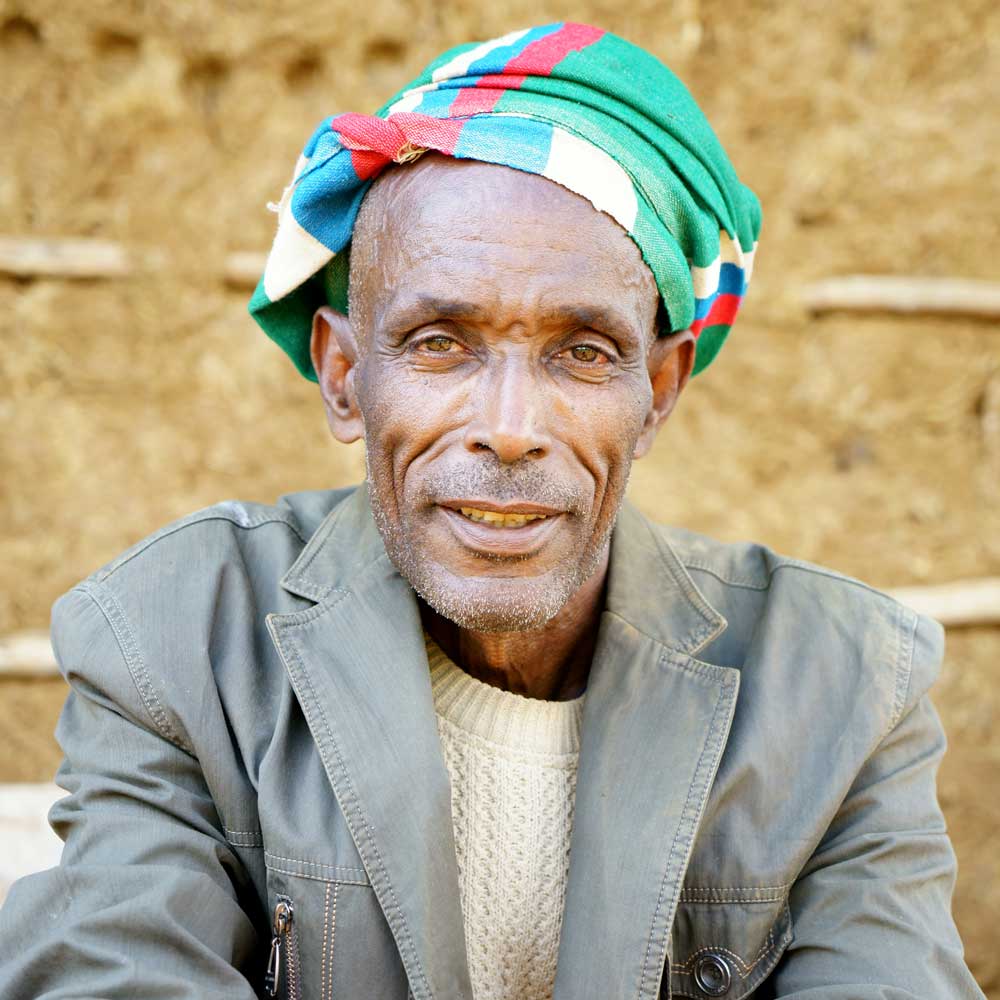 produce. Farmers like Mengiste dry their coffee cherries for weeks on raised beds to extract all the moisture before selling the cherries whole to local traders – often for as little as 50p per kilo.
produce. Farmers like Mengiste dry their coffee cherries for weeks on raised beds to extract all the moisture before selling the cherries whole to local traders – often for as little as 50p per kilo.
- Coffee farmers need a special licence to be able to have their coffee graded by the Ethiopia Coffee Exchange – and only coffee of a certain grade can be exported. Farm Africa is working to set up a forest coffee union, so that farmers can gain these licences and get their beans graded and ready for export.
- Improving the quality of coffee can make a huge difference to household incomes as well as protecting the forests in Ethiopia. When farmers can build profitable coffee businesses, they don’t have to clear trees to create space for agriculture.
